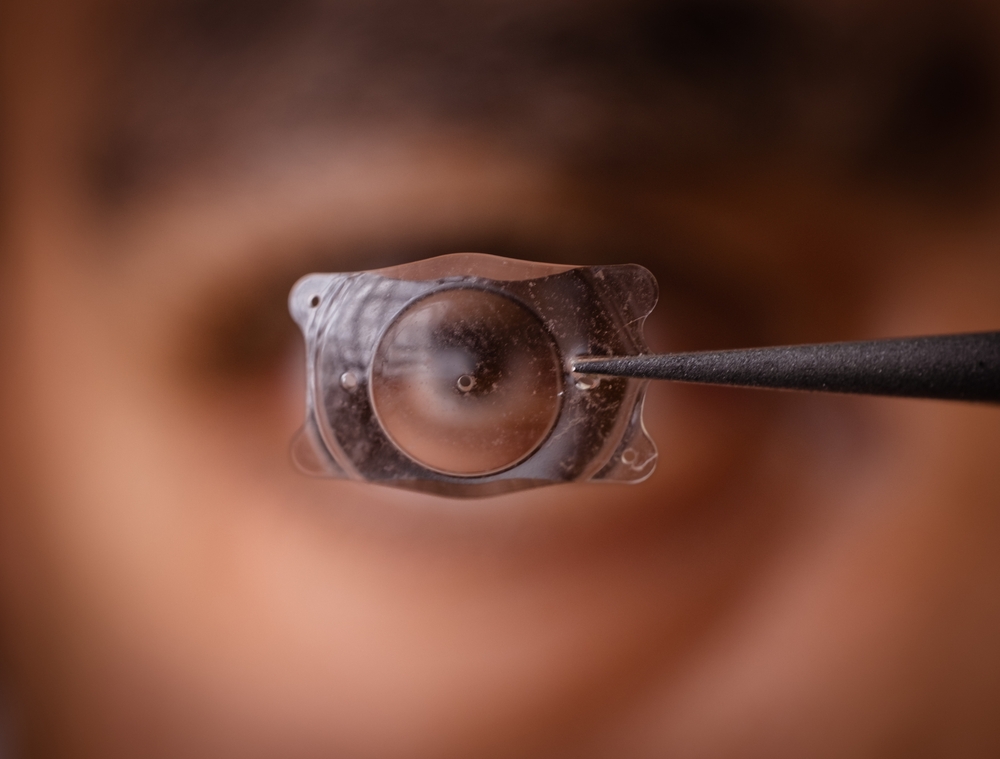
The health of our eyes, particularly our retinas, is something we often take for granted. Retina problems can significantly affect our vision and overall quality of life. Therefore, understanding these problems and how they manifest is crucial to ensuring that we maintain good eye health.
Understanding the Function of the Retina
The retina is one of the most crucial components of our eyes. It is responsible for the conversion of light into electrical signals that our brain can interpret. The process begins when light enters the eye through the lens and hits the retina. The retina is densely packed with photoreceptor cells, namely rods and cones, that react to this light.
Rods are responsible for peripheral and low-light vision, while cones manage color perception and detail. Once these cells detect light, they generate an electric signal. These signals are then transmitted through the optic nerve to the brain, which interprets them as images. It's an intricate, delicate process that underlines the complexity and fragility of our eyes.
Unfortunately, the retina can be susceptible to various problems that can disrupt this process, leading to vision impairment or, in severe cases, blindness. Thus, understanding the function of the retina is the first step towards recognizing and addressing retinal problems.
Common Causes of Retina Problems
Several factors can lead to retinal problems. Age is a significant risk factor. As we age, our eyes naturally deteriorate, which can lead to conditions like macular degeneration. This condition affects the macula, the part of the retina responsible for central vision, leading to a gradual loss of vision.
Diabetes is another common cause of retinal problems. Diabetic retinopathy occurs when high blood sugar levels damage the blood vessels in the retina, causing them to leak fluid or bleed. This can cause the retina to swell and form deposits, known as hard exudates.
Retinal detachment is another serious condition where the retina pulls away from its normal position. This can occur due to age, eye injuries, or other eye conditions. Without prompt treatment, retinal detachment can lead to permanent vision loss.
Recognizing the Signs and Symptoms of Retina Problems
Recognizing the signs and symptoms of retinal problems early is essential to preventing permanent damage. Some of the common symptoms include blurred or distorted vision, seeing floaters or flashes of light, sudden loss of peripheral vision, and seeing a dark curtain or shadow moving across your field of vision.
It's important to note that retinal problems can often be painless. As such, changes in vision are usually the first and sometimes the only indication of a problem. Therefore, regular eye examinations and a keen awareness of any changes in your vision are crucial in detecting and addressing retinal problems early.
When to See an Optometrist for Retina Problems
If you experience any signs and symptoms of retinal problems, it's vital to see an optometrist immediately. Regular eye examinations are also integral to detecting retinal problems early. If you are over the age of 40 or have a family history of eye diseases, annual eye checks should be part of your health routine.
Treatment Options for Retina Problems
The treatment for retinal problems depends on the specific condition and its severity. Some retinal problems, like retinal tears, may be treated with laser surgery or a freezing process called cryopexy. Both procedures aim to create a scar that helps secure the retina to the eye wall.
For more severe conditions, like retinal detachment, surgery may be required. Vitrectomy, scleral buckling, and pneumatic retinopexy are some of the surgical procedures used. In some cases, medication may also be used to treat retinal problems.
Preventing Retina Problems
While not all retinal problems can be prevented, certain lifestyle changes can reduce your risk. Maintaining a healthy diet rich in fruits and vegetables, particularly those high in antioxidants, can help improve eye health. Regular exercise can also reduce the risk of conditions like diabetes, which can lead to retinal problems.
It's also important to protect your eyes from harmful UV rays by wearing sunglasses when outdoors. If you have diabetes, regular monitoring and control of your blood sugar levels can prevent or slow down the development of diabetic retinopathy.
Maintaining Eye Health and Regular Check-ups
Retina problems can significantly impact your vision and quality of life, but with awareness and timely intervention, they can be managed effectively. Regular eye check-ups, a healthy lifestyle, and prompt attention to any changes in your vision are key to maintaining eye health.
To learn more about the signs of retinal problems, visit Memorial Vision in our Houston, Texas, office. Call (281) 496-1635 to schedule an appointment today.









